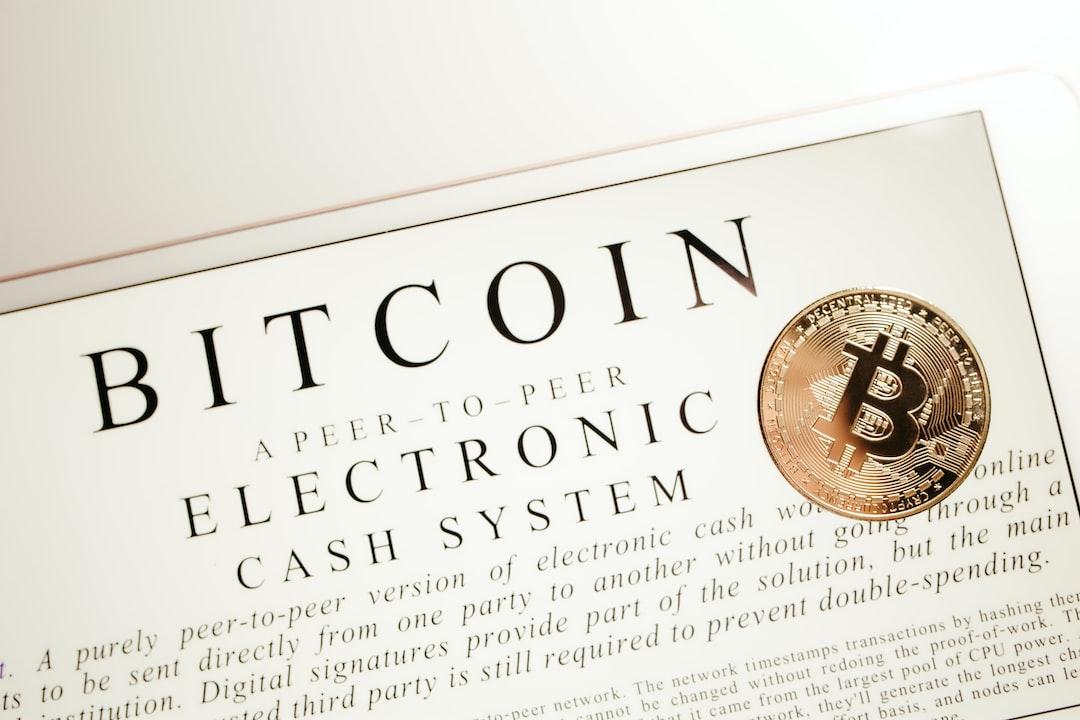Despite the proposed increase in crypto registration fees, venture capitalists remain optimistic about the potential of Nigeria. However, they may face challenges in gaining momentum due to government restrictions on peer-to-peer (P2P) platforms, which aim to curb free market promotion. Ray Youssef, the CEO of NoOnes, a financial communication and P2P app, shared his insights on the matter.
The Securities and Exchange Commission (SEC) of Nigeria recently suggested amending the rules for platforms offering crypto services and proposed raising the registration fee for crypto exchanges from 30 million naira ($18,620) to 150 million naira ($93,000).
Youssef, the co-founder and former CEO of the P2P exchange Paxful, believes that this increase is an opportunity for major crypto companies like Coinbase to enter the Nigerian market. He emphasized that the government’s goal is to limit P2P services to address foreign exchange challenges, and exchanges that are willing to operate without P2P support can function smoothly in Nigeria.
However, this strategy conflicts with the strong preference for P2P trading in the Nigerian crypto market, posing a significant obstacle for exchanges. Nonetheless, Youssef remains optimistic about Nigeria’s position in the crypto ecosystem despite the recent regulatory challenges.
Youssef suggests that the government could view the abundance of P2P traders in Nigeria as an asset and treat crypto stakeholders as allies. This approach would enable the government to understand how to utilize crypto to benefit the nation’s economy.
Nigeria currently holds the title of the largest P2P crypto market globally, a position it attained after the Central Bank of Nigeria banned institutions from buying and selling crypto in 2021. However, in December 2023, the Nigerian government lifted the ban, allowing crypto exchanges to apply for licenses in the country.
Youssef also commented on the partnership between Gluwa and the Nigerian government, which aims to enhance the adoption of the nation’s central bank digital currency (CBDC), the eNaira. He believes that the government could have taken a different approach by leveraging the CBDC to stimulate local economic growth, provide credit to aspiring entrepreneurs, and encourage the younger generation to embrace it.
It is worth noting that the Nigerian government has had a contentious relationship with cryptocurrency exchanges. Binance, for example, stopped operating with the naira on March 8, following criticism from the Nigerian government. In August 2022, Nigeria was recognized as the most crypto-obsessed country in the world based on the number of Google searches for “cryptocurrency” or “buy crypto.”
Overall, the future of Nigeria’s crypto market remains uncertain due to government restrictions, but venture capitalists and industry experts still see potential in the country.

